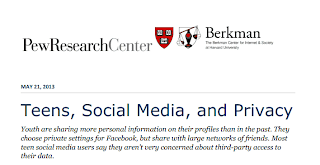@hartzog challenges control as the goal for privacy. Now need to explore consent in this new context.
Woody Hartzog (Stanford) ( personal site ) "Control is the wrong goal for privacy by design, perhaps the wrong goal for data protection in general." But isn't control a central tenet of good privacy? It sure is. But it shouldn't be, the author of "Privacy’s Blueprint: The Battle to Control the Design of New Technologies" . While everyone emphasizes "control" of personal data as core to privacy, too much zeal for control dilutes efforts to design information tech correctly. This idealized idea of control is impossible. Control is illusory. It's a shell game. It's mediated and engineered to produce a particular control. Design is everything. Hear Hartzog's further thoughts in this engaging presentation from Europe's largest privacy thought-leadership event.











